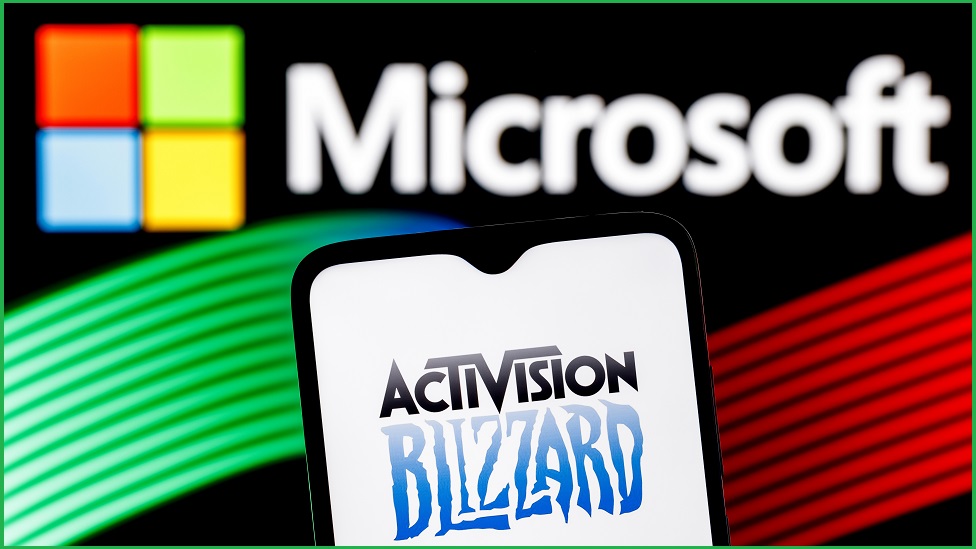The UK’s competition regulator will block Microsoft’s $95 billion acquisition of gaming publisher Activision Blizzard, warning the merger would “reinforce Microsoft’s advantage” in the cloud gaming market.
In a statement, the Competition and Markets Authority (CMA) said Microsoft already owned a 60 to 70 per cent global share in cloud gaming – a dominance that has increased after the shuttering of Google’s cloud gaming platform Stadia earlier this year.
Cloud gaming offer consumers the choice between a catalogue of instantly available games that are processed on cloud servers which send a video stream back to the user, lessening the need for expensive hardware to play graphically intensive games.
Microsoft is currently beta testing its Xbox Cloud Gaming platform that, for a monthly subscription fee, lets people play console quality games in their laptop browser or on their smart TV.
The CMA is concerned about Microsoft owning an even larger share of the emerging cloud gaming market “just as it begins to grow rapidly”.
“Microsoft already enjoys a powerful position and head start over other competitors in cloud gaming and this deal would strengthen that advantage giving it the ability to undermine new and innovative competitors,” said Martin Coleman, chair of the independent panel investigating the Activision Blizzard purchase.
“Microsoft engaged constructively with us to try to address these issues and we are grateful for that, but their proposals were not effective to remedy our concerns and would have replaced competition with ineffective regulation in a new and dynamic market.”
Monolithic gaming intellectual property Call of Duty – published by Activision Blizzard – has been at issue since the deal was announced with speculation that Microsoft would make the game an Xbox exclusive, shutting its rival Sony off from the game.
But Microsoft, in a response to the CMA’s investigation, said it had “no intention” of making Call of Duty games exclusive to Xbox consoles, but wanted to bring Nintendo and graphics card maker Nvidia (which has a gaming platform of its own) into the franchise’s distribution.
Josh Olsen, a teaching fellow at Monash University, said big mergers in the gaming industry had the “potential to hurt consumers” by locking games into specific platforms.
“There have been assurances from Microsoft that, in Activision’s case, they would not restrict games to just Microsoft’s consoles,” Olsen said.
"However, there is no regulatory power to enforce these assurances and thus should be taken with a grain of salt.”
In a statement, Microsoft President Brad Smith said the CMA had rejected “a pragmatic path to address competition concerns” and that the company would appeal its decision.
“We’re especially disappointed that after lengthy deliberations, this decision appears to reflect a flawed understanding of this market and the way the relevant cloud technology actually works,” Smith said.
On Wednesday night, Activision CEO Bobby Kotick sent an email to all staff discussing the CMA’s decision, saying it would “stifle investment, competition, and job creation”.
“This merger is a complex process, and I know I’m not the only one frustrated by the hurdles and delays,” Kotick said.
“We’re accustomed to a company culture that moves quickly to accomplish big goals, so it’s tough when we can’t close things out at our usual energetic pace.”
Big tech’s tactic of expansion by acquisition has been of growing concern for competition regulators around the world as government bodies look to regain control over the growing capital and power resting in the hands of fewer companies.
The Australian Competition and Consumer Commission (ACCC) is looking at this type of expansion for the latest phase of its lengthy Digital Platform Services Inquiry.










